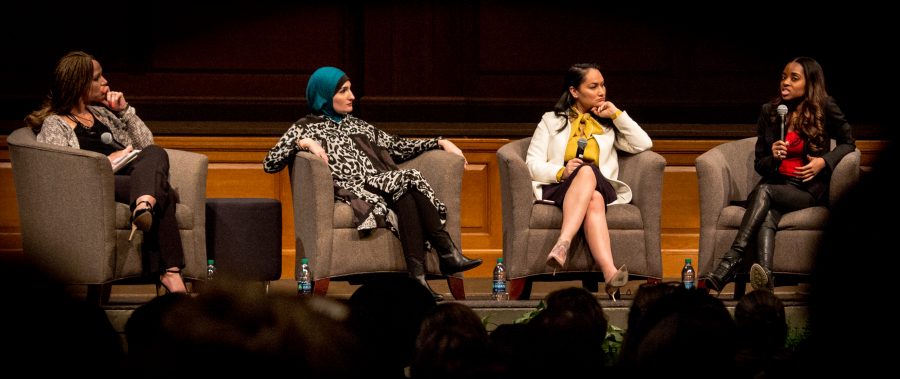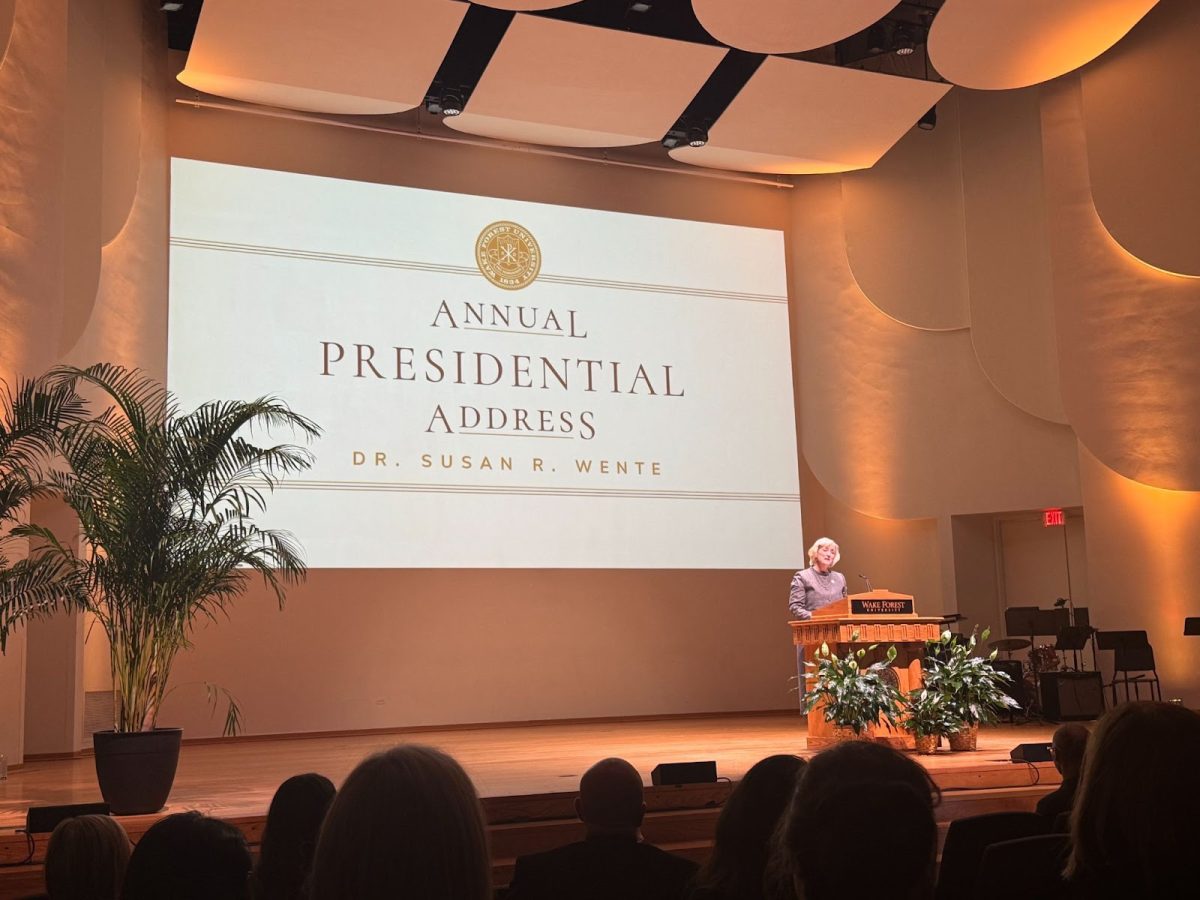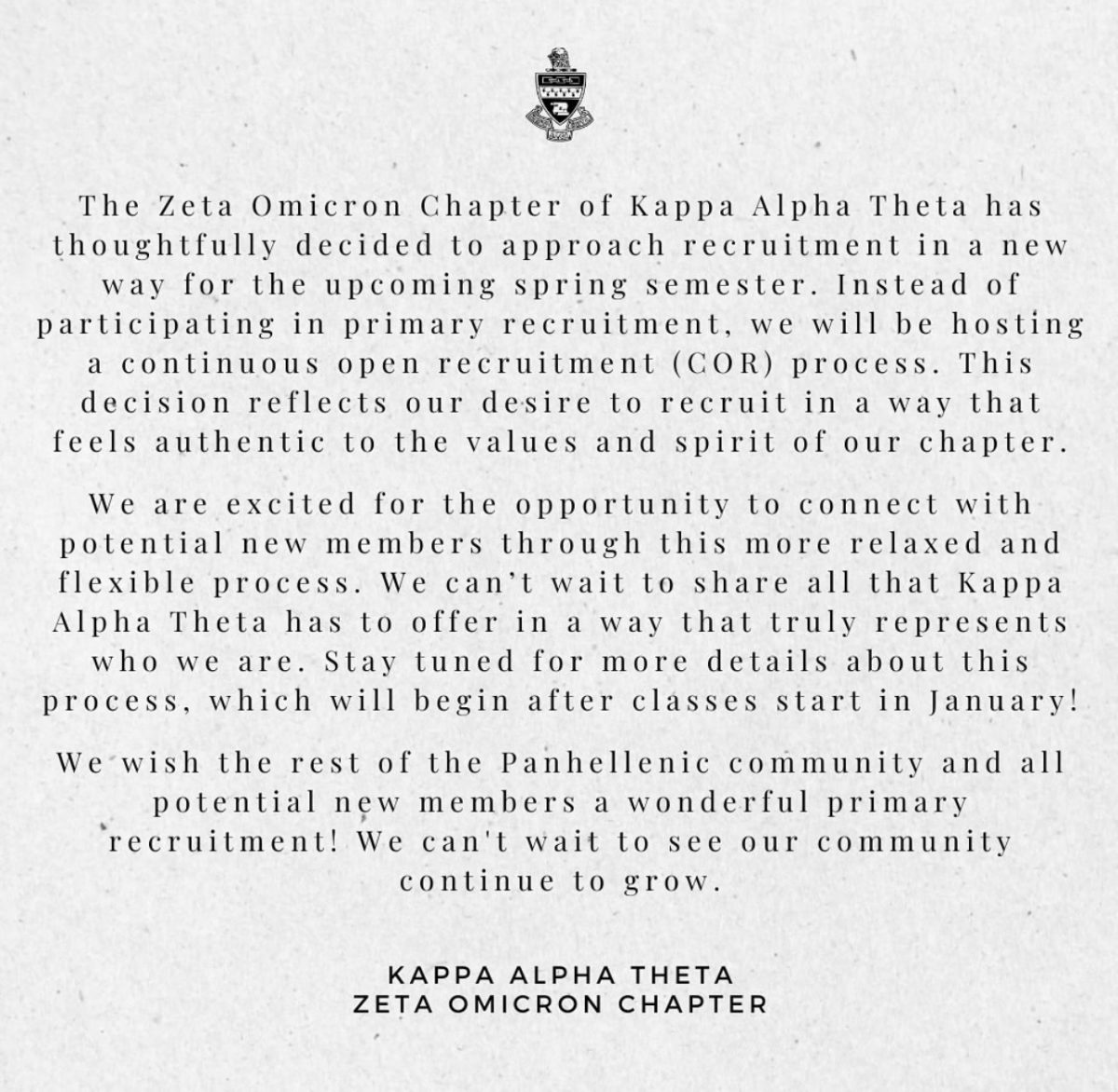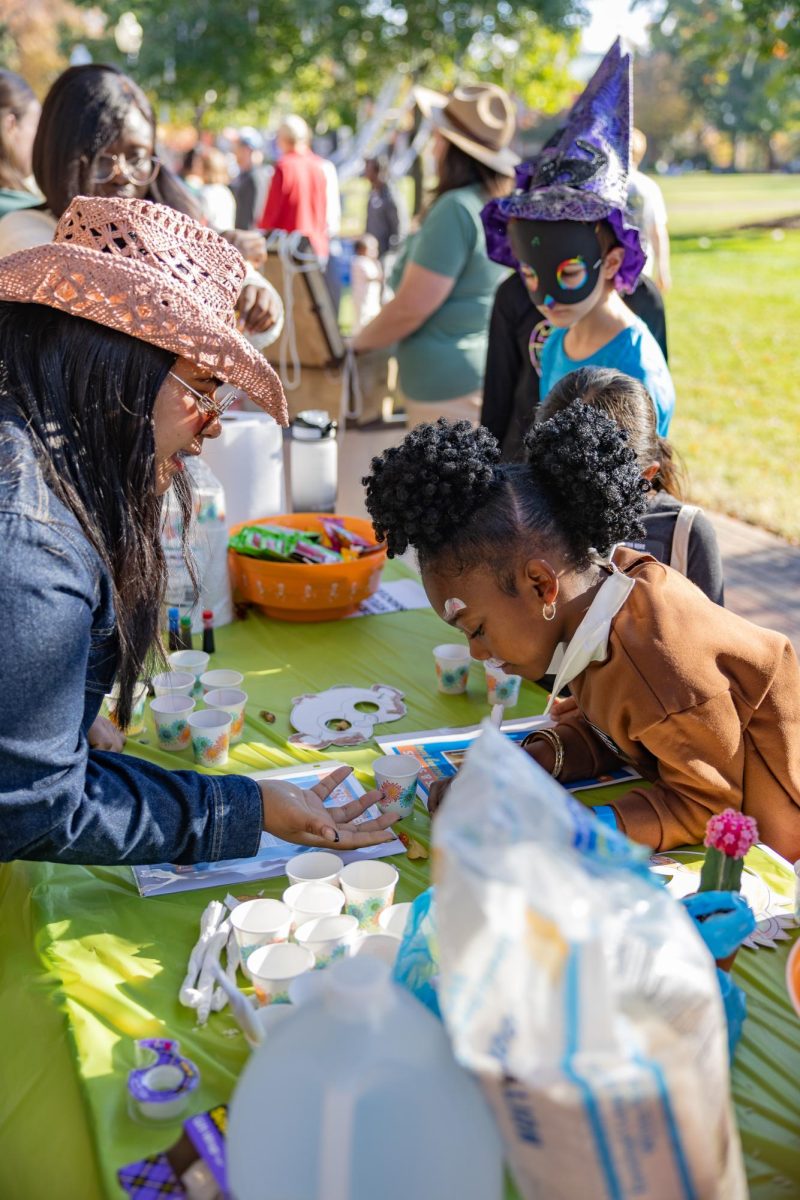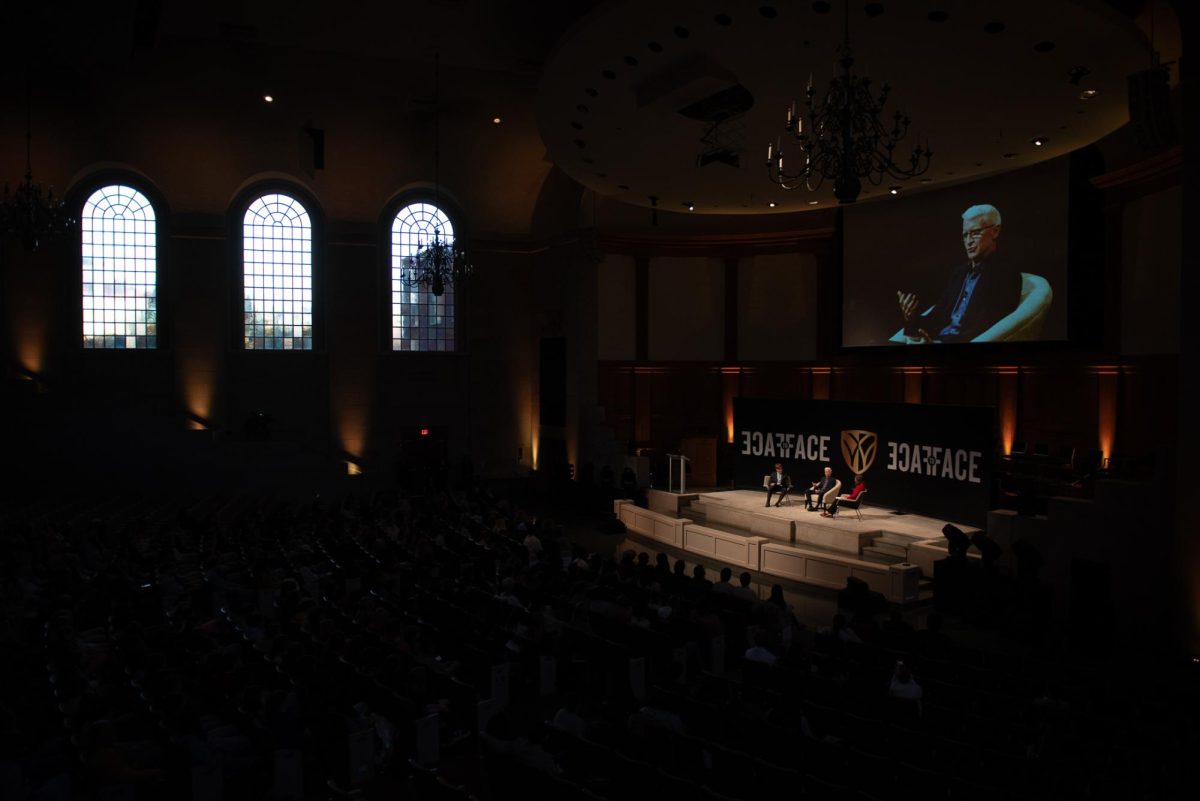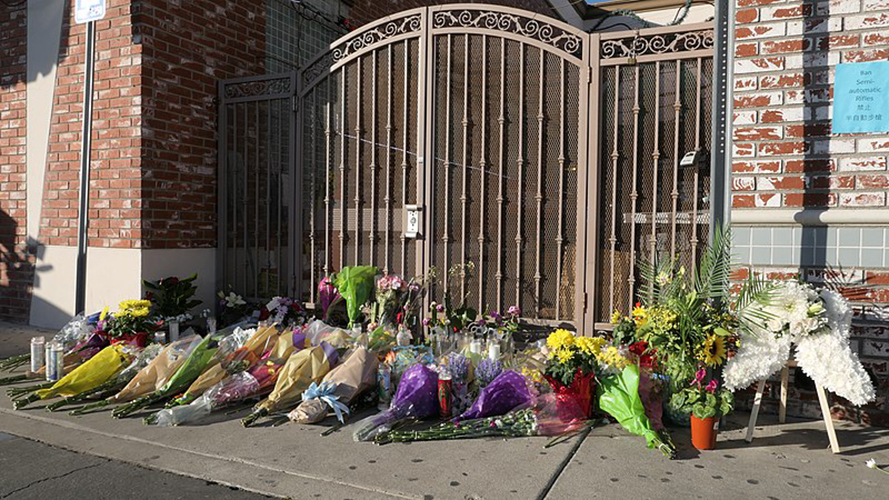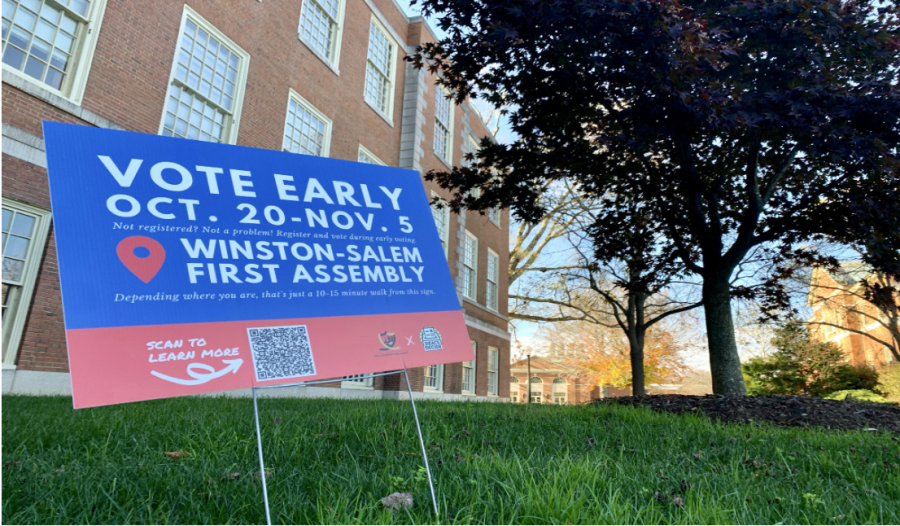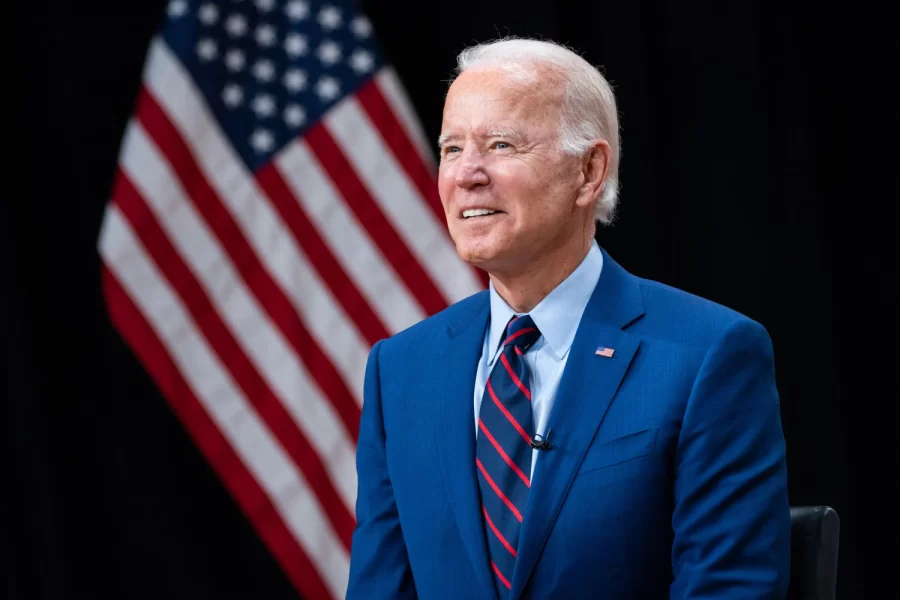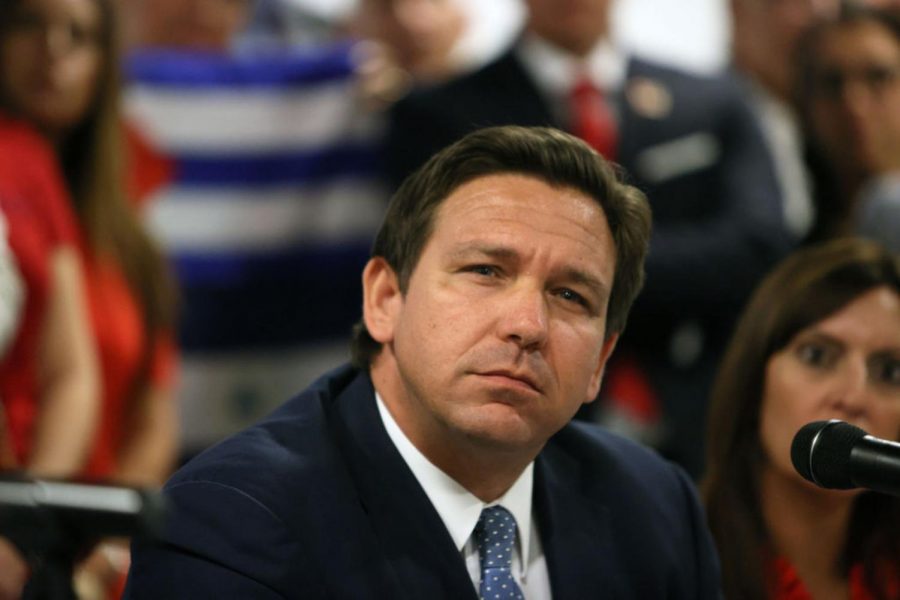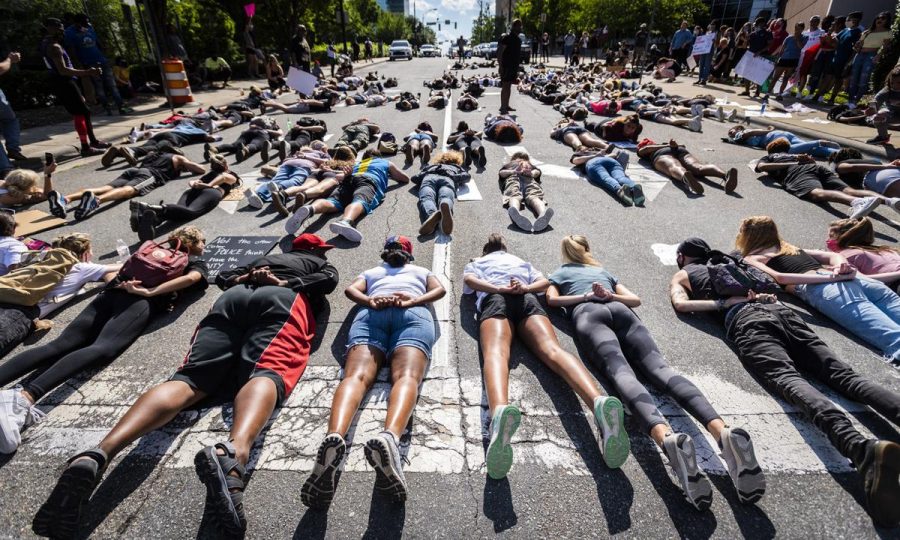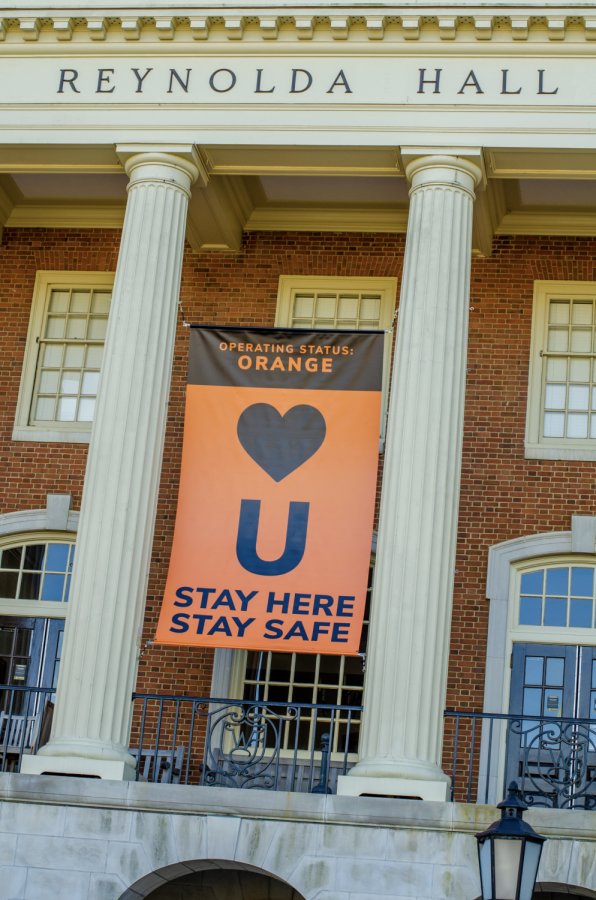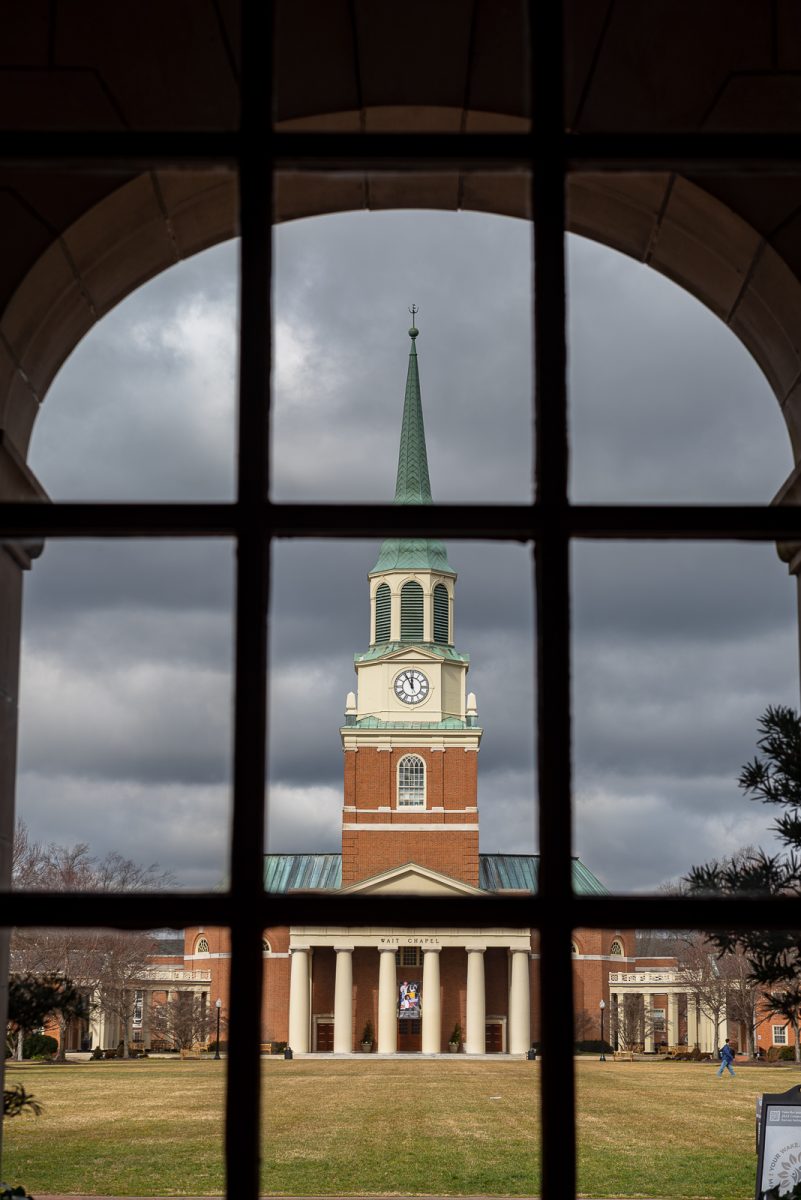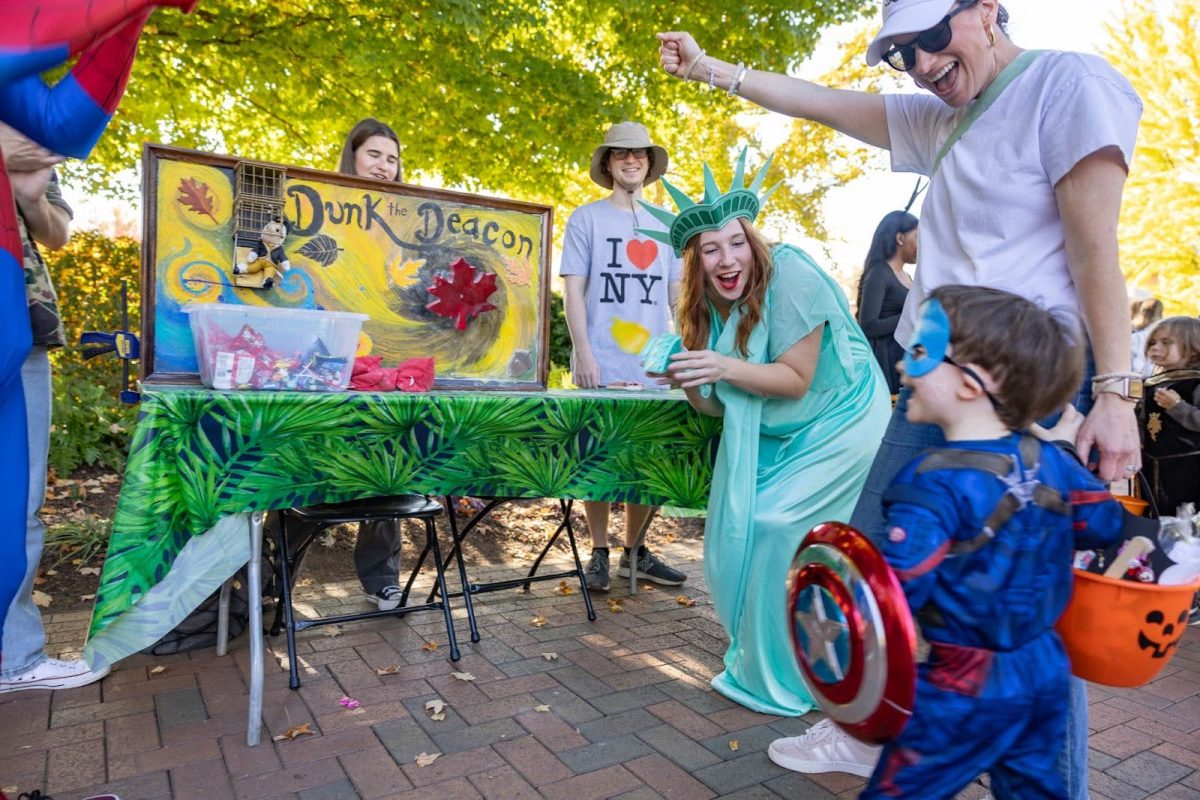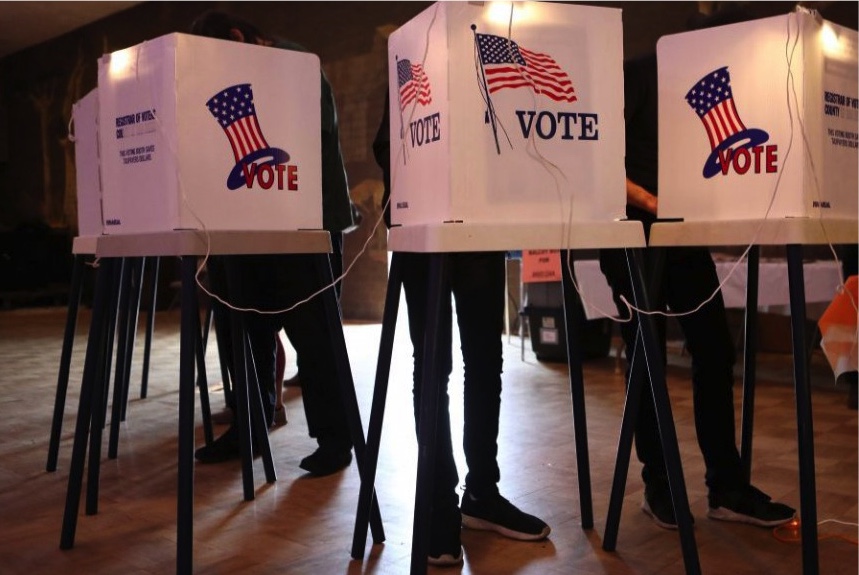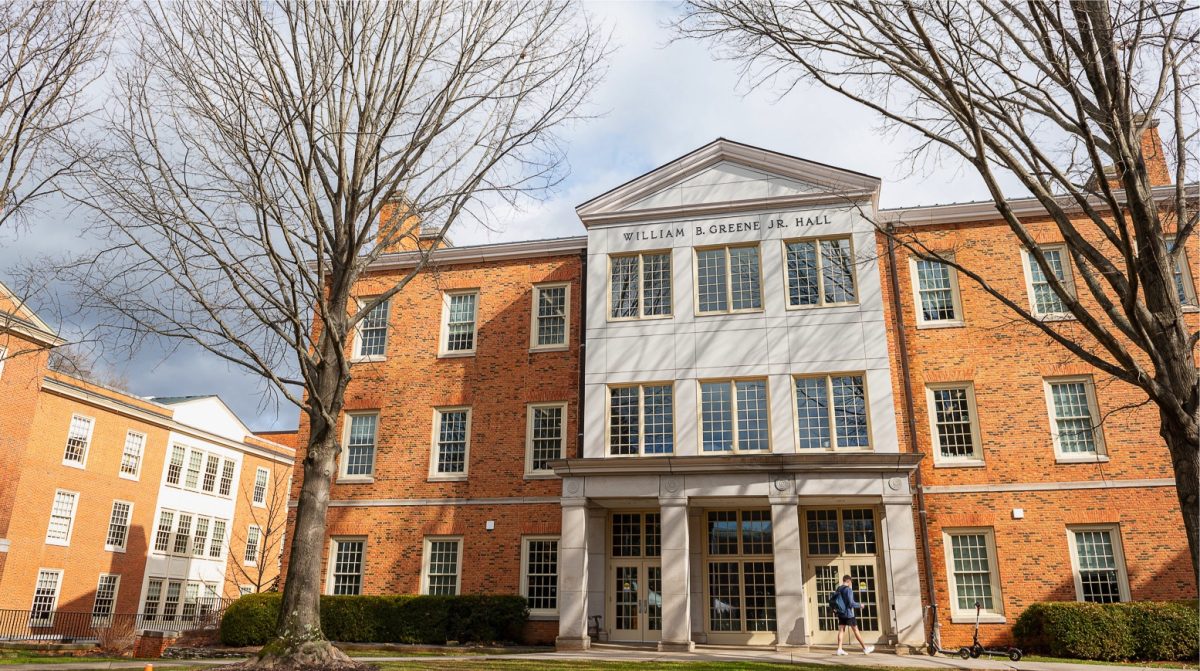On Thursday, Feb. 16, the university’s Black History Month keynote speakers and national co-chairs of the Women’s March on Washington spoke in Wait Chapel.
Tamika Mallory, Carmen Perez and Linda Sarsour joined Professor Melissa Harris-Perry for a discussion about their experiences organizing the Women’s March and steps moving forward in their first public appearance together since the march.
The day after the presidential inauguration, 4.2 million people marched across the country in the streets of the capitol in what was the largest demonstration in the history of the U.S. Junior Nia McIntosh and senior Sydni Williams introduced the panelists and moderator to the audience.
Last year, McIntosh organized the first Black History Month calendar by bringing together a new committee of faculty, staff and students. As student chair, she wanted to think intentionally about this year’s national theme, “The Crisis in Black Education.”
“When I went to the Women’s March I thought about how education comes from the classroom and the lecture hall, but also from interaction with people,” McIntosh said. “Interpersonal conversations can teach us more than reading a textbook.”
Throughout nearly two hours of spirited conversation, the trio encouraged audience members to have “courageous conversations” with family members, neighbors, teachers and colleagues.
“Unless we talk to each other about how race and gender permeate every issue, we’re never going to progress,” McIntosh said. “This is why we see our beloved country in disarray. For so long we wanted to push things under the rug and using words like ‘colorblind’ to cover up real problems.”
This message made an impact on senior Hannah Dobie.
“I think these three women have taught me that maybe I need to focus more of my energy on the women who voted for Clinton and not who voted for Trump,” Dobie said. “I think as a white woman I could try harder to get those women more seriously engaged in this movement.”
Mallory, Perez and Sarsour noted the historical absence of white allies.
“Our communities have long been suffering so this doesn’t look any different to us,” Perez said. “The only thing that looks different is that there are more of you are standing with us and so we say, ‘Welcome. We look forward to working with you to end inequality.’ But we need you to stand with us in airports. We need you to put your bodies on the line when ICE is coming to our communities.”
“People are still not showing up,” Mallory said. “Black people have gone from shackles to shots in this country and people have turned the other way.”
She spoke to the difficulty of energizing her own community to actively support other communities of color in light of this continued experience.
“I’ve called Linda in the middle of the night asking her for information about when Muslim people stood with black folks,” Mallory said. “She points to Facebook pages and other things so that I can show black people that the Muslim community has been there for us and we now have to show up because ‘there but for the grace of god go I.’ If it’s them today it’ll be us tomorrow.”
This theme resonated with sophomore Maaheen Hasnain.
“Something Linda Sarsour said stuck with me,” Hasnain said. “She said ‘my liberation is bound up with the liberation of black people and until they are free I will not be free.’ I feel that this is true. We need to center the most marginalized people to make any real change for the rest of us.”
Although much of the night’s discourse was philosophical and anecdotal, the co-chairs underscored connections between their perspectives and concrete strategies for the future.
“In order for you to really know how committed you are to justice, you’ve got to do something that’s a little out of your comfort zone,” Sarsour said. “Coming to the Women’s March on Washington was great, but there really was no risk involved.”
She emphasized the importance of expressing outrage and dissent publicly, focusing on voter registration and engagement, voting with a collective electoral strategy in mind, and fighting discriminatory redistricting laws.
Since 2010, federal courts have ruled that Republican-led legislatures engaged in unconstitutional gerrymandering rooted in racial discrimination in states such as Alabama, North Carolina and Virginia and rooted in partisanship in North Carolina, Maryland and Wisconsin. Litigation is pending in Arizona, Virginia and Texas. Redistricting occurs every 10 years when new census data is available.
Sarsour also encouraged women of color to run for office, at which point Winston-Salem City Councilwoman Denise Adams stood in applause. The councilwoman recently announced her 2018 run for North Carolina’s fifth congressional district.
“We can’t look for guidance from those who are already in leadership,” she continued. “We’re all leaders right here … Why shouldn’t we run for office?”
Perez added that the Women’s March website will serve as a resource for anyone looking to stay involved through the 10 Actions for the First 100 Days campaign. Sarsour detailed Action Two in which over 5,100 local “huddles” convened to envision action-oriented next steps.
During President’s Day week, Hear Our Voice events which are “grassroots-led protests, actions and meetings directly engaging members of Congress,” will pop up across the country. Interested participants can utilize an interactive map to find the event closest to them.
On March 8, International Women’s Day, the co-chairs are also calling for a “Day Without a Woman” strike.
While the event was a success, not all students attended the event thinking they would be moved to action let alone enjoy the panel.
Senior Bradley Singleton, social media and marketing chair of the Black History Month committee, admitted that before the event, he wasn’t enthusiastic about attending.
“I’m so glad I did, though,” Singleton said. “I stopped doing the official Snapchat story halfway through because that’s how focused on their words I became. I was totally ignorant about their work and perspectives and didn’t realize how much they went through to make the march happen.”
Hasnain also found that the event exceeded her expectations.
“I got more out of it than I expected,” Hasnain said. “I wasn’t prepared for some of the things they said. They shared such incredible wisdom.”
Many students left the event feeling inspired and galvanized.
“I feel filled with a lot of energy and hope,” said senior Hannah Dobie. “I’ve been a little shocked by how fast things have actually happened in the Trump presidency and they reminded me that we have to go out there and fight every way we can.”
McIntosh believes the event was a success.
“I think it was extraordinary,” she reflected. “I was amazed by how many people were there and love that audience members felt like they could talk to them like friends shouting out ‘Amen!’ and ‘I heard.’”
“I can’t wait to see the heights Black History Month will reach next year and look forward to passing the baton off to a younger student when I graduate.”


